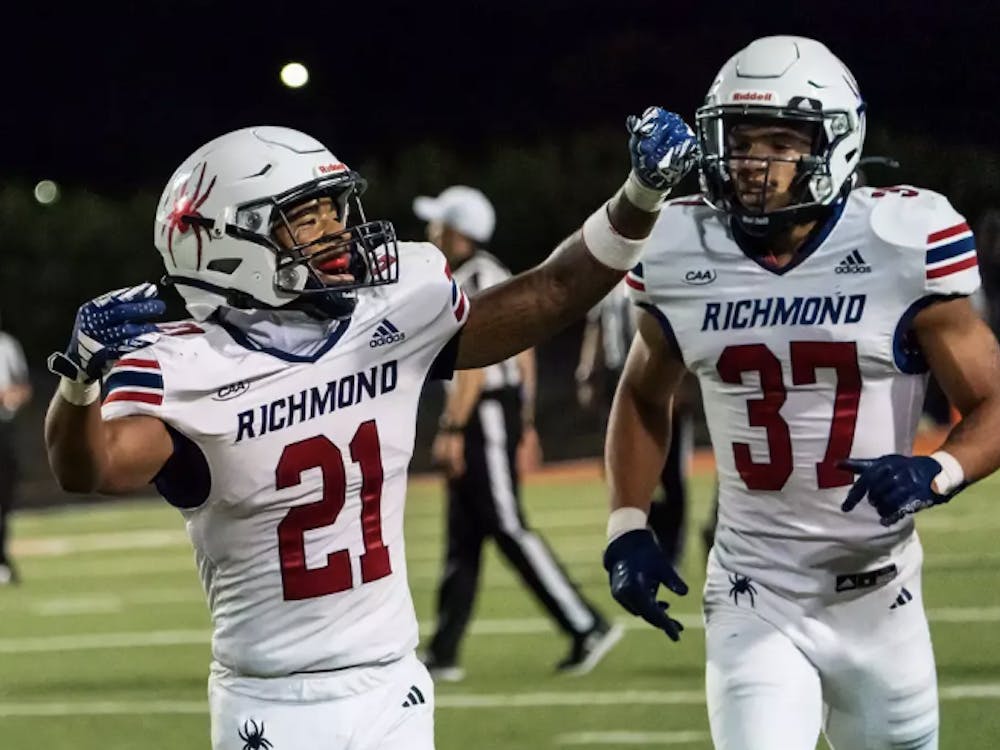More than a dozen law professors, scholars and practitioners will come together Friday, March 8 to examine equal educational opportunity in a conference hosted by the University of Richmond School of Law.
Law professor Kimberly Robinson, who organized the event, said the conference would explore the modern implications of the 1973 Supreme Court ruling in San Antonio Independent School District v. Rodriguez.
This case arose from the complaint that school funding based in part on property taxes in Texas creates a disadvantage for low-income areas. The Supreme Court held that education is not a fundamental right because the Constitution offers no explicit or implicit guarantee of education. This ruling is considered one of the major civil rights setbacks in education, Robinson said.
This ruling effectively closed the federal courthouse door to challenging disparities in educational opportunities, Robinson said, and has forced advocates to rely on state court remedies that sometimes help to reduce disparities. But these tactics have typically proven inadequate in guaranteeing equal educational opportunity.
Rachel Logan, editor-in-chief of the Richmond Journal of Law and the Public Interest, said the conference would be divided into four sessions during which the speakers would examine, critique and explore efforts to advance equal educational opportunity in America. The goal is to observe how education has evolved since the Rodriguez ruling, and to brainstorm what can be done to reach the goal of educational equality.
"The conference is intended to provide an in-depth look at what strategies are currently being tested, what roadblocks are preventing success in this arena and what we can expect in the future," Logan said. "We hope it will encourage active participation in the ongoing effort to find an educational system that provides the greatest opportunities for the next generation."
The participants in these dialogues will include the nation's leading experts on issues of race and justice, such as Benjamin Jealous, president and CEO of the NAACP. Charles Ogletree, professor of law and founder and director of the Charles Hamilton Houston Institute for Race and Justice at Harvard Law School, will deliver the keynote lunchtime address, Robinson said.
Robinson and Ogletree plan to capture the legacy of the "Rodriguez at 40" conference by co-editing a book that will compile the conversations that occur and the conclusions that are reached, Robinson said.
Along with the law school, Walter and Karen Emroch and the Charles Hamilton Houston Institute for Race and Justice are funding this event, with assistance from the Richmond Journal of Law and Public Interest, Robinson said.
The conference is free, but registration is required.
Contact reporter Katie Conklin at katie.conklin@richmond.edu
Enjoy what you're reading?
Signup for our newsletter
Support independent student media
You can make a tax-deductible donation by clicking the button below, which takes you to our secure PayPal account. The page is set up to receive contributions in whatever amount you designate. We look forward to using the money we raise to further our mission of providing honest and accurate information to students, faculty, staff, alumni and others in the general public.
Donate Now


